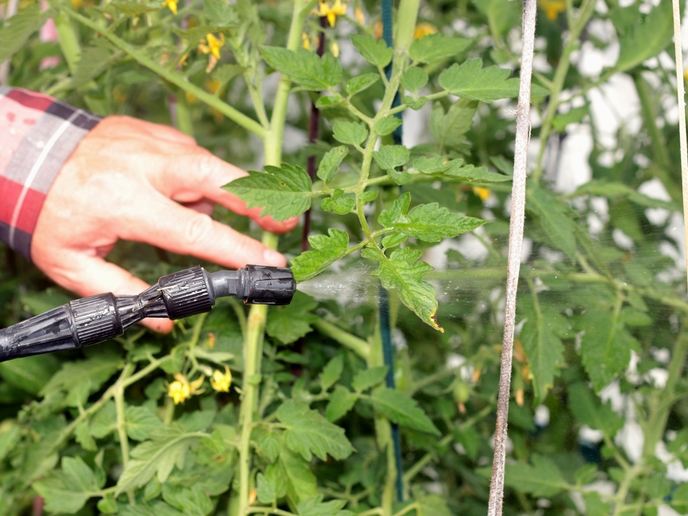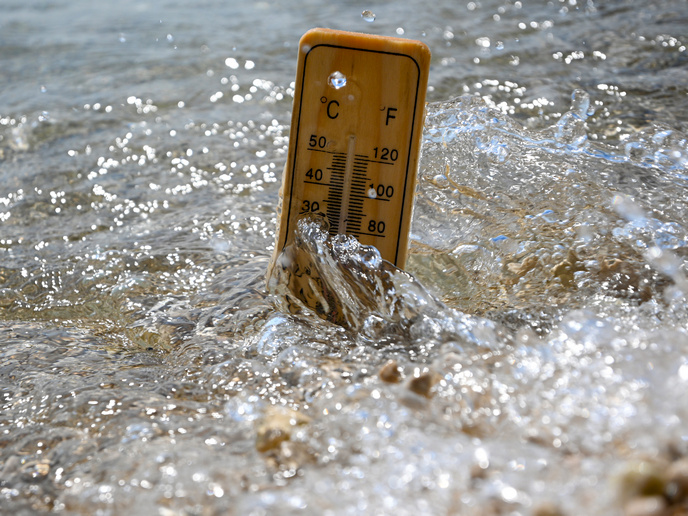Technologies and tools to reduce agricultural pests in Europe and China
The EU-funded EUCLID project has introduced more sustainable pest management methods for Europe and China. Overall, the aim was to reduce the negative effects of pesticides, lower economic losses in agriculture, and provide scientific support to EU and China policies. “Agriculture is facing many challenges that we wanted to tackle by studying alternatives to pesticides for pest control in agriculture,” says project coordinator Nicolas Desneux. Tomatoes, leafy vegetables and grapes were the main crops used in the research because of their economic importance in Europe and China.
Pesticide alternatives for pest control
EUCLID partners developed and tested the potential of new or understudied integrated pest management (IPM) technologies. “The strength of the IPM technologies is that they target key pests and pathogens of worldwide commercialised crops,” explains Desneux. “The use of EUCLID technologies allows a significant reduction in pesticide residues in the harvested fruits and vegetables.” Among these technologies, EUCLID project members investigated micro- and macro-biocontrol agents (BCAs) for the control of various pests. Macro-BCAs successfully fight the tomato leaf miner – the cause of large crop losses in tomato production. They also examined new technologies like the sterile insect technique to tackle cabbage moths and the RNA interference (RNAi) method, harmless to pollinators and natural enemies, against different pests. One especially promising IPM technology, a calcium-based biostimulant sprayed on tomato crops and grapes, is efficient against powdery mildew. The product is commercially available in Italy, but still needs to be registered across Europe. “Since it’s a biostimulant, the registration process should be fast, making it even more attractive for other countries,” says Desneux
Supporting IPM knowledge and decision-making
Several papers, guidelines and web-based tools produced during EUCLID support sustainable pest management. Some key outputs include economic competitiveness, environmental sustainability, consumer preferences and policy needs indicators, guidelines on using compost for controlling plant diseases and IPM benefits for end users. IPM packages contain solutions and strategies to encourage IPM adoption by farmers handling grapes, leafy vegetables and tomatoes. Decision support tools for reducing pesticide amounts in grapes and using pesticides optimally have been created. The IPM package assessment tool evaluates the potential of each developed technology on their environmental, social and economic performance. Extensive knowledge transfer and dissemination activities like exchanges between farmers and farming advisors in field trials in seven countries and interviews with consumers and policymakers have helped to raise awareness and accelerate IPM adoption in agriculture. Over 35 open-access articles have been published, and more than 60 talks have been given at international conferences. The inclusion of China and technology transfer to this country might also promote rapid IPM adoption between continents. In addition, pesticide-free technologies should have a significant positive impact on the environment, and particularly on the health of farmers and consumers. “By delivering new innovations to reduce pest pressure on key crops, EUCLID has brought promising solutions to agriculture,” concludes Desneux. “This will ultimately reduce the dependence of European and Chinese farmers on chemical pesticides.”
Keywords
EUCLID, IPM, pesticide, agriculture, pests, crops, farmers, pest management







